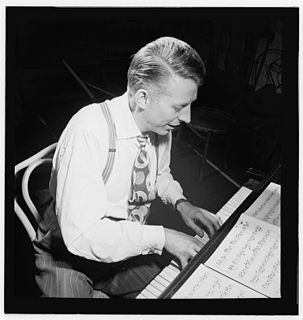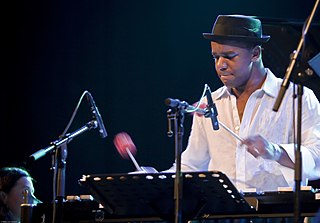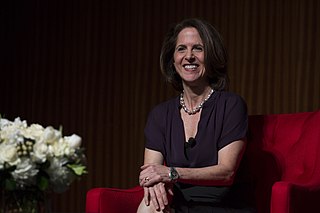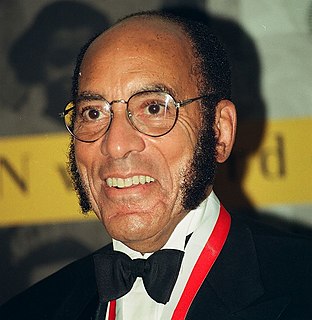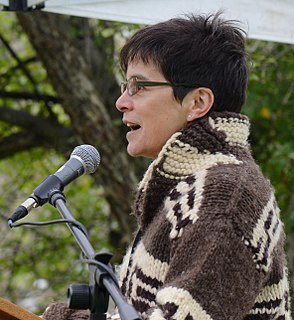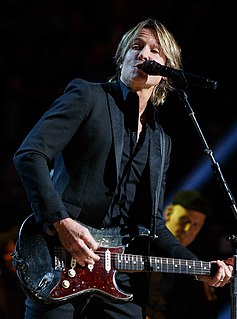A Quote by Stan Kenton
I don't think you can replaces great themes. But I think people do want to hear fresh arrangements of them. They don't want to hear them played the same way all the time.
Related Quotes
The way I look at music, what I'm interested in is not necessarily creativity - in many ways I think creativity is overrated, actually. What I think is important is authenticity. I want to hear music that has the resonance of the people. I want to hear music that is an amplification of them. Because then, I can experience the people. But because the music has become so institutionalized, everyone is learning and regurgitating the same material in the same way.
If you want to be a great leader, you have to put the interest of the country above your own. I would like to think that true leadership is not just telling people what they want to hear but helping them understand things, so you can explain to them what you think is best, and then they can judge you on that.
I like playing at public schools. I like when there's more of a diverse audience. I'll play wherever people want to hear my music, and I'll be glad and grateful for the opportunity, but I'd rather not play for a bunch of white privileged kids. I'm not meaning that in a disrespectful way; you go where people want to hear your music. So if that's where people want to hear me play, I'm glad to play for them. But I'd rather play for an audience where half of them were not into it than one where all of them were pretending to be into it, for fear of being uncultured.
I have no patience with people who want to tell me what's wrong. I only want to hear from the person who first tells me the solution and then fills me in on the problem. I don't want to hear that your basement is flooded. I want to hear that you've found the number to the cleanup company. Then tell me why you're calling them.
If you're somebody who writes songs or writes fiction, a writer that people pay for your opinion in any way, you shouldn't be the least bit uncomfortable giving it to them. People want songwriters to tell them how they think and how they feel. That's what a song is. That's what I want to hear in a song.
There's a perception that if an artist produces another artist, they're going to imprint on them. But I'm the opposite. I want to hear that artist; I don't want to hear me - that's the last thing I want to hear. There are a lot of technical studio things I've learned or figured out, and I feel like I could use those things to help other people with what they're doing.
